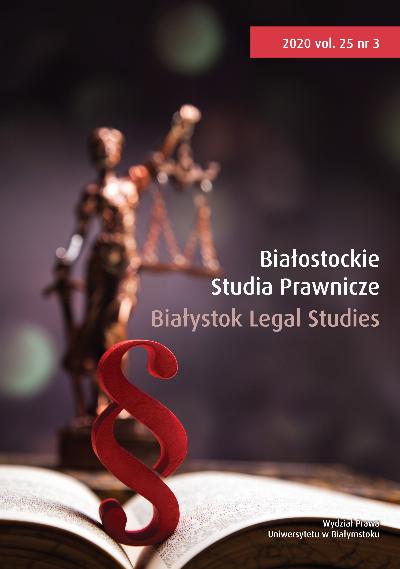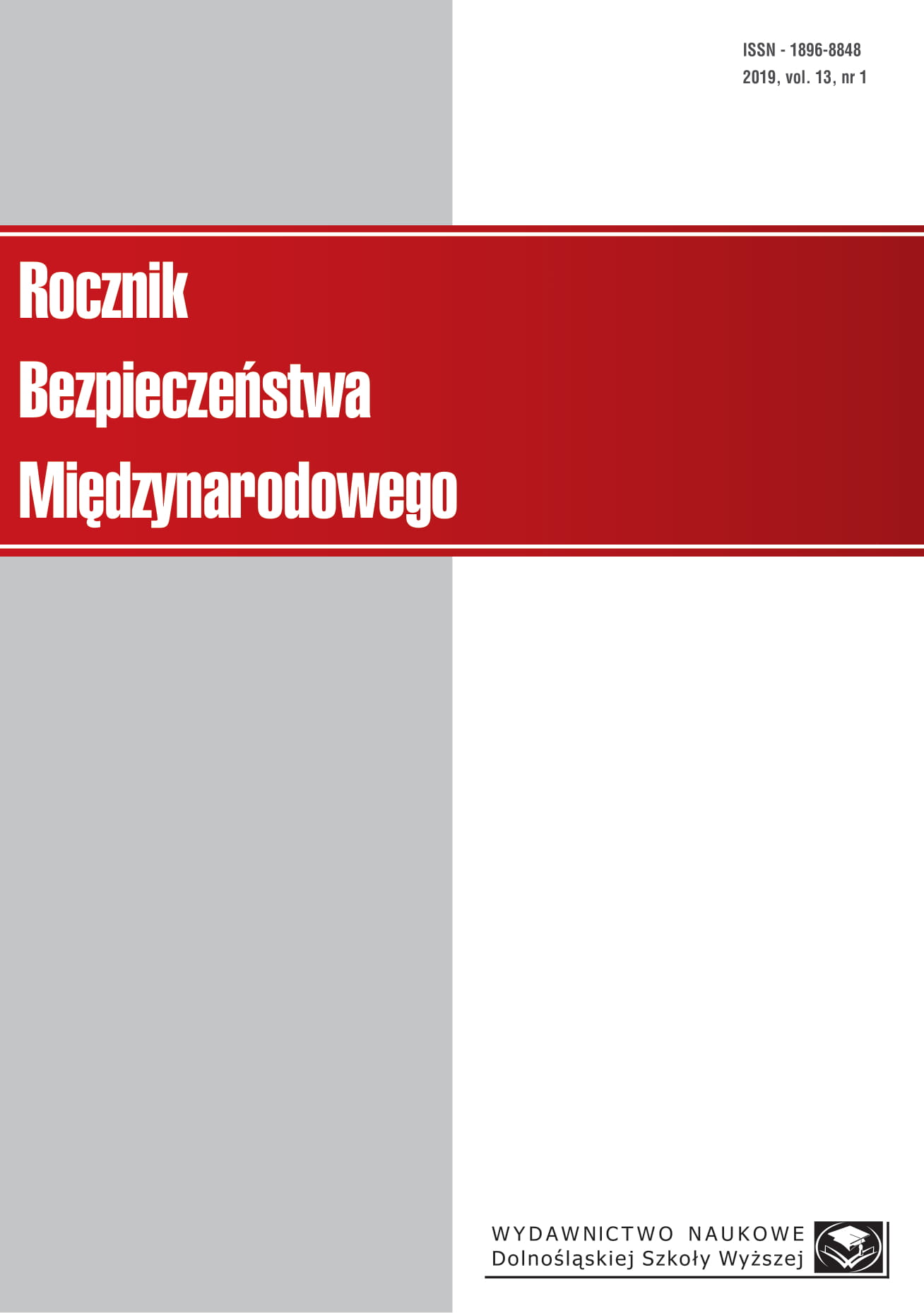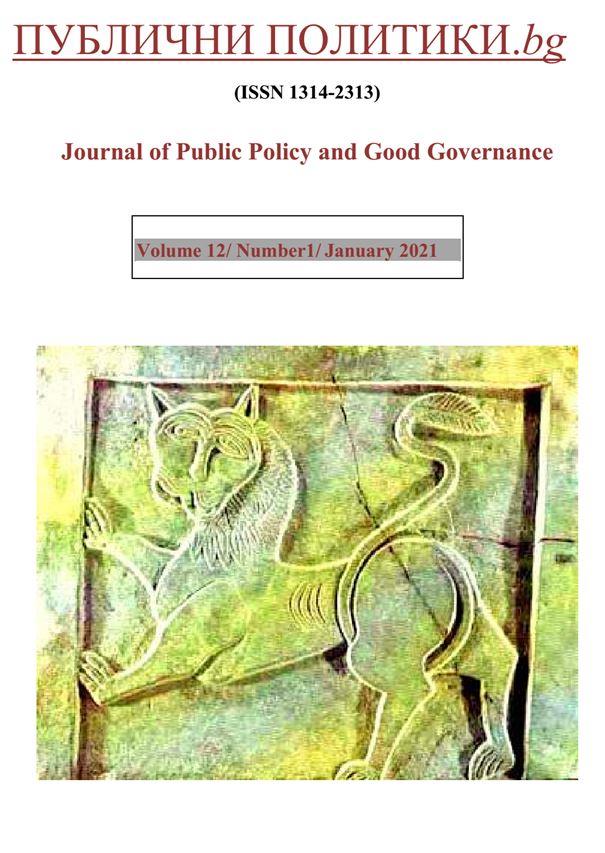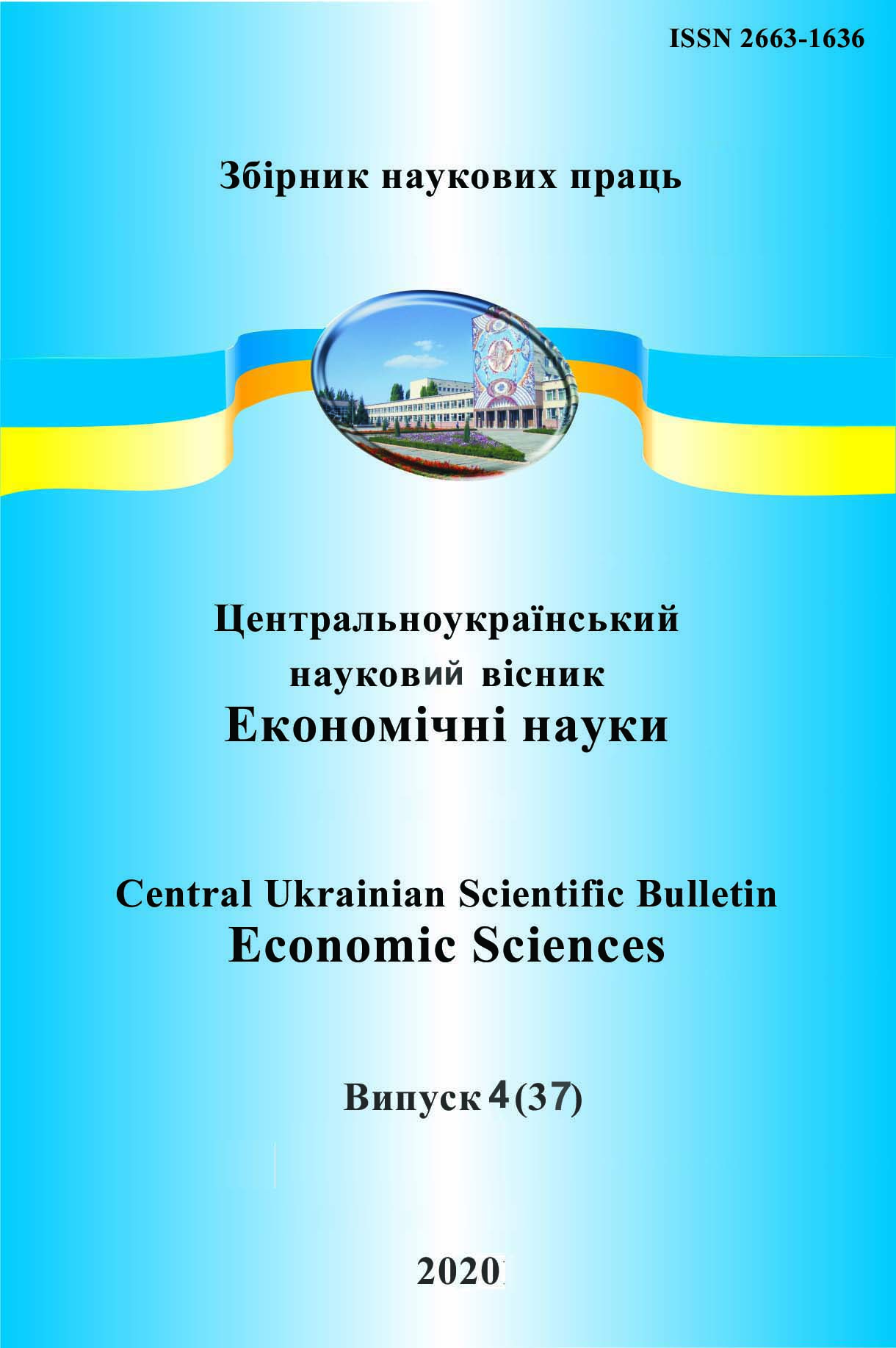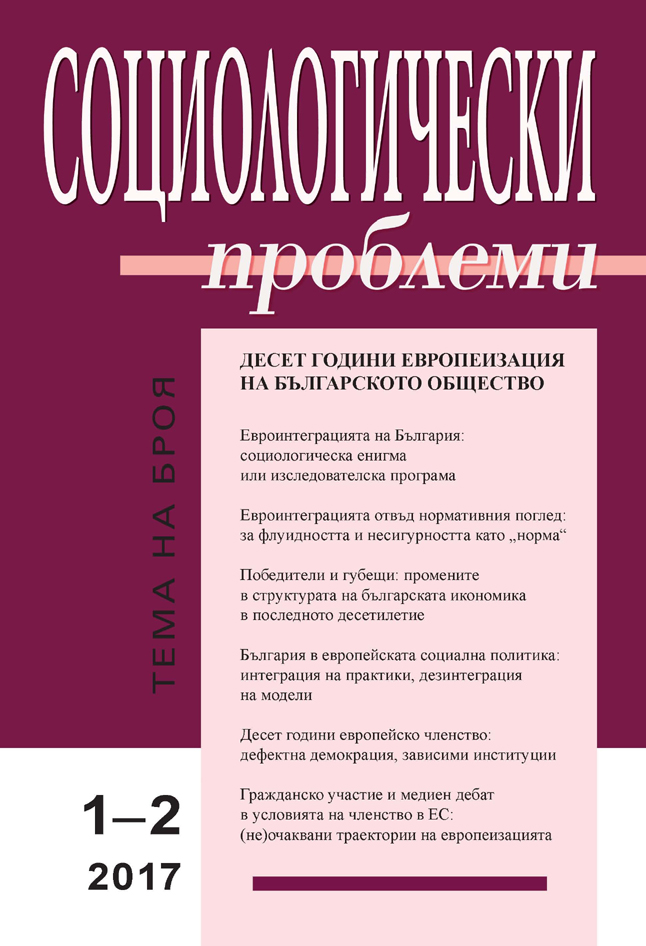
Членството в ЕС и икономиката на България
The goal of the present study is to delineate one possible framework for analyzing the economic effects of Bulgaria’s membership in the EU, as well as to offer initial observations informing the analysis. The analysis concentrates on the internal dynamic of Bulgarian economic indicators in their relation to the country’s EU membership and is based on the method of the analytical narrative. The initial analysis offered uses to focus levels – macroeconomic and microeconomics, and tries to account for the importance of both the membership and pre-accession periods. The assessment with respect to both the macroeconomic indicators and to various microeconomic processes is undoubtedly positive.
More...
